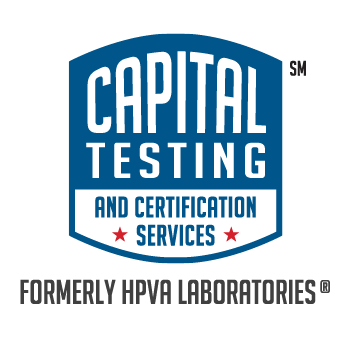LABORATORY NEWS
Subscribe to our newsletter to keep up to date with the latest laboratory news, test offerings, and changes to industry standards.
Subscribe to our newsletter
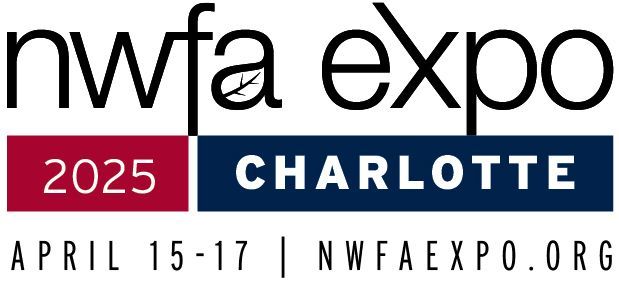
Capital Testing is exhibiting at the 2025 National Wood Flooring Association (NWFA) Expo in Charlotte, NC April 15-17th! Stop by booth #543 to talk to Managing Director Josh Hosen about how our testing and certification services can help you navigate some of the critical issues facing the engineered wood flooring industry today. Those issues include recent implementation of federal formaldehyde emissions requirements for laminated product producers, on-going supply chain issues related to import tariffs, and more. If you can't make it to the Expo but would still like to chat, reach out to Josh Hosen directly at josh@capitaltesting.org or 571-300-7050x1. More About Capital Testing Capital Testing is committed to being your one-stop shop for all of your testing and certification needs. Our recently-expanded physical properties lab services help you bring new flooring products to market and benchmark against the competition. Our formaldehyde and fire test lab services help verify your products meet federal regulations and building code requirements. Our certification programs are the whole package: they provide third-party confidence that your products comply with federal regulations and product standards while also differentiating your product in the marketplace and building customer confidence in the quality and safety of your product. Contact us today to discuss your needs!
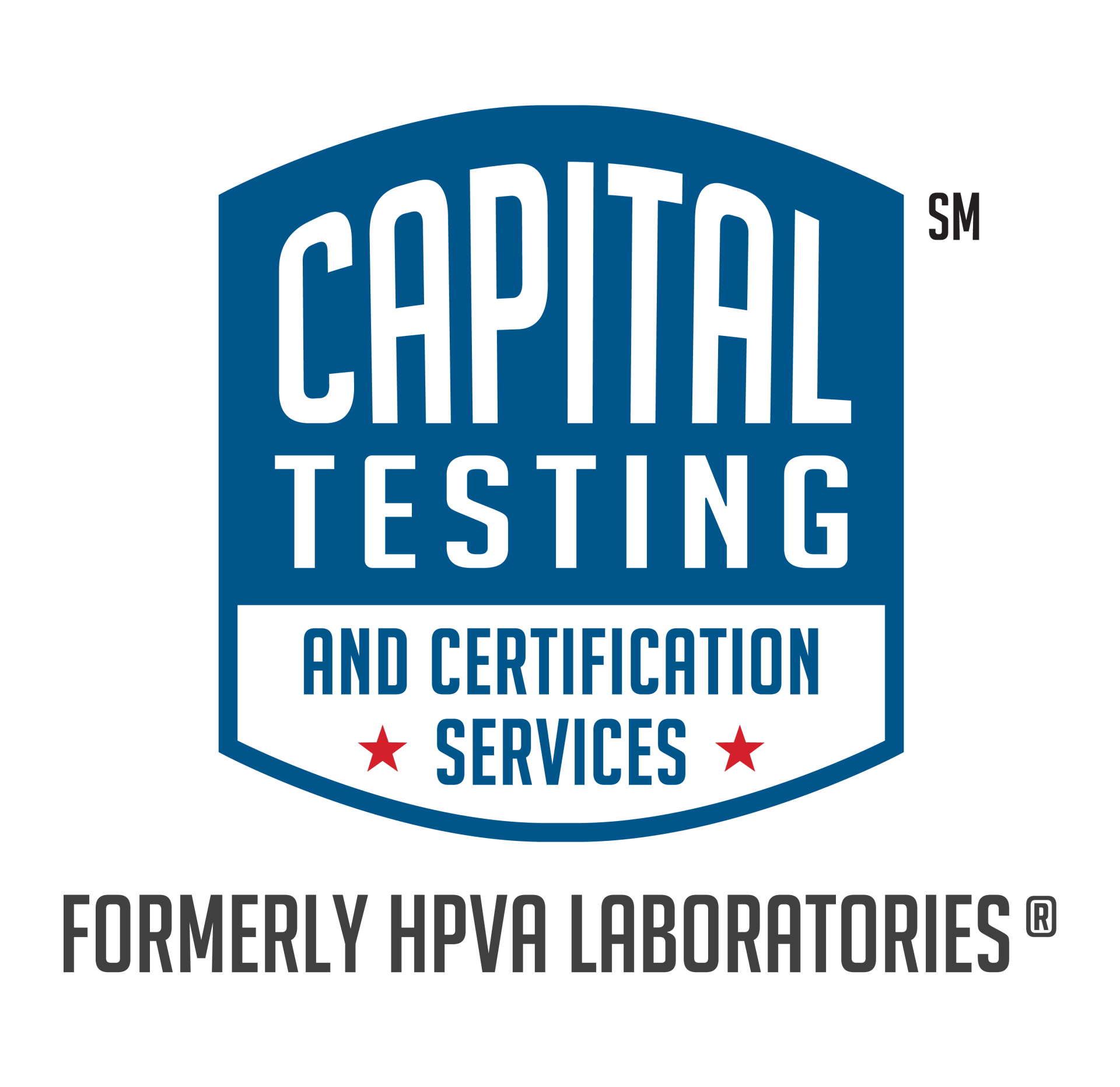
Capital Testing is proud to announce the following physical properties test methods are now covered under our ISO/IEC 17025 scope of accreditation: ASTM D2047 Static Coefficient of Friction (James Machine) ASTM D2394 Sections 18-23 Falling Ball Indentation ASTM D3330/D3330M Method F Tape Peel Test (90-degree) ASTM D3359 Coating Adhesion (“Crosshatch”) ASTM F1265 Resistance to Impact for Resilient Floor Tile ASTM F1914 Short-Term Indentation and Residual Indentation of Resilient Floor Covering EN 16094 Microscratch Test for Laminate Floor Coverings ISO 4918 Castor Chair This expansion is part of our continued commitment to meeting the needs of the wood, laminate, and resilient flooring markets. The methods align well with some of Capital Testing’s currently-accredited offerings that already support the flooring industry, including: ANSI/HPVA EF 2020 (Three Cycle Soak and Moisture Content) ASTM D523 Gloss ASTM D1037 Properties of Wood-Base Fiber and Particle Panel Materials (Janka Hardness, MOE/MOR, Nail Withdrawal) ASTM D4060 Abrasion Resistance (Taber) ASTM E648 Critical Radiant Flux of Floor Covering Systems ASTM E662 Specific Optical Density of Smoke (Smoke Box) ASTM F1515 Light Stability of Resilient Flooring by Color Change (Xenon Arc) CAN/ULC S102.2 (Canadian Flame Spread Test for Flooring) Whether you are developing new flooring products or just benchmarking against the competition, Capital Testing is here to help. To learn more about these tests or to request a quote, contact experts@capitaltesting.org. To view our updated scope of accreditation, visit here .
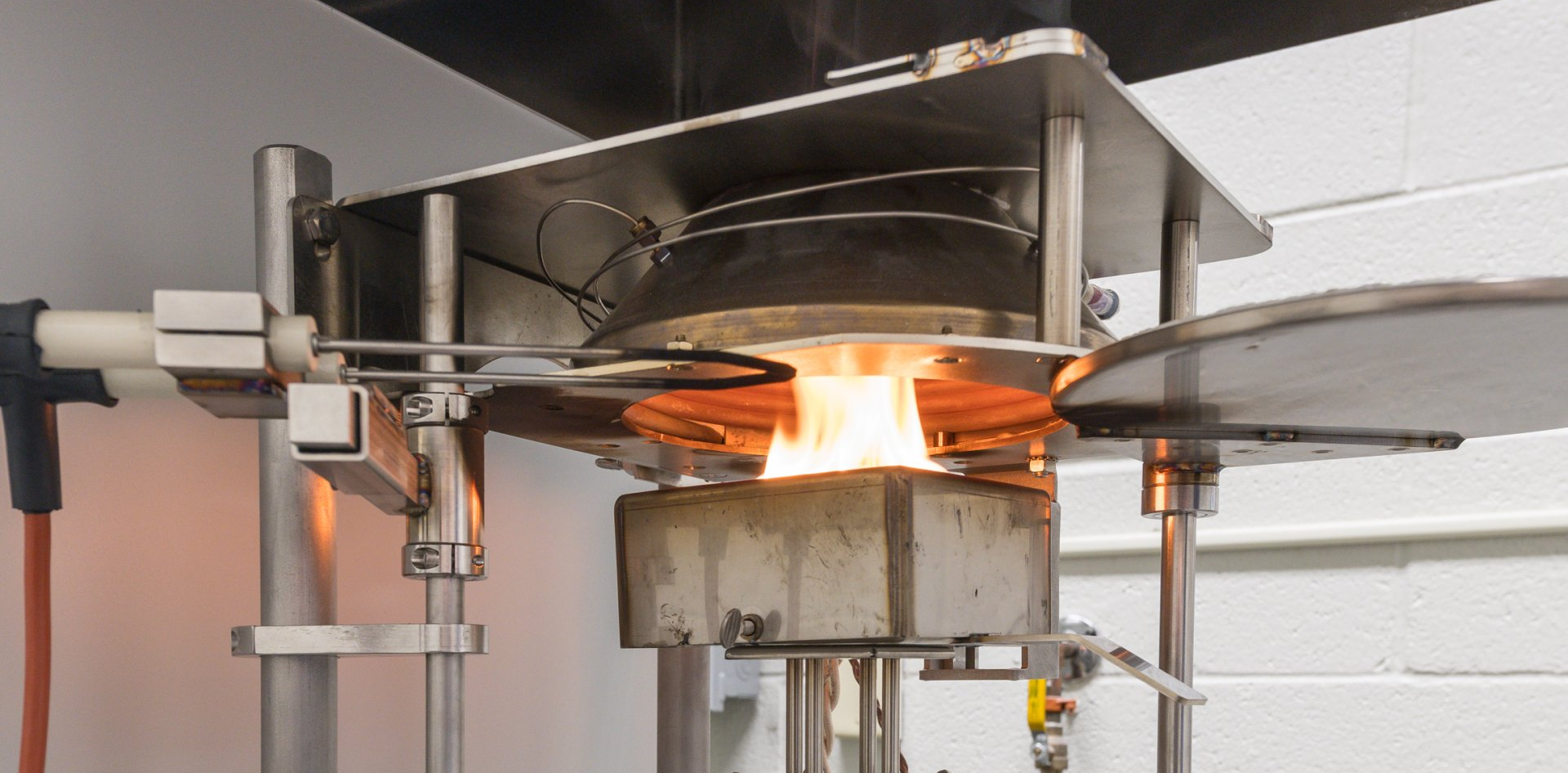
Capital Testing is pleased to announce the launch of our new accredited certification program for waste, rubbish, and laundry containers manufactured from low peak rate of heat release materials. The use of low-heat-release materials in waste bins and laundry containers is specified in several safety standards and fire codes, including the International Fire Code (IFC), NFPA Fire Code (NFPA 1), NFPA Life Safety Code (NFPA 101), NFPA Standard for Fixed Guideway and Transit Systems (NFPA 130), and even state-specific codes like the North Carolina Fire Protection Code (2018 NCFC Section 304.4). In general, these codes and standards require such products to be made of entirely noncombustible materials, or of materials that meet a peak rate of heat release not exceeding 300 kW/m 2 when tested in accordance with the ASTM E1354 cone calorimeter test at an incident heat flux of 50 kW/ 2 in the horizontal orientation. Since many of these products are made of combustible plastic, manufacturers typically need to comply with these peak rate of heat release requirements. Recent revisions to the IFC highlight the growing concerns about the impact these products can have on fire safety. In the 2024 IFC, Section 304 Combustible Waste Materials was revised to extend the above low-heat-release requirement to the following products and applications: -high-capacity (>40 gallon) waste bins; -dumpsters; -waste and linen containers used in health care facilities; and -waste containers used in dormitories and colleges The newly-created Appendix O in the 2024 IFC also includes a non-mandatory reference to this requirement for waste bins used for valet trash and recycling collection services in apartment complexes and other multifamily housing units. Enlisting Capital Testing to certify your products provides third-party attestation that it complies with these requirements, and helps differentiate your products from the competition. Certification also simplifies the verification process when a code official, fire marshal, or specifier requests proof of compliance. For more information about the certification process or to discuss your product-specific questions, contact Josh Hosen at josh@capitaltesting.org . Capital Testing’s newly-expanded ISO/IEC 17065 (certification programs) and ISO/IEC 17020 (inspection programs) scopes of accreditation can be found here: Certification Programs: https://www.iasonline.org/wp-content/uploads/2017/05/PCA-111-Cert.pdf Inspection Programs: https://www.iasonline.org/wp-content/uploads/2017/05/AA-716-cert-new.pdf To learn more about the ASTM E1354 test method, visit our cone calorimeter webpage or contact experts@capitaltesting.org for a quote.
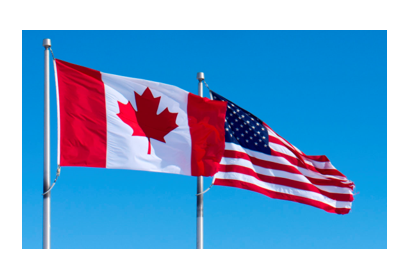
On June 17th, Health Canada published Regulations Amending the Formaldehyde Emissions from Composite Wood Products Regulations in Canada Gazette, Part I. The amendments are open for public comment until August 31st, 2023. These amendments serve to resolve several lingering issues from the original Regulations, including: 1.) QC test requirements: QC testing carried out routinely in production mills do not need to be accredited to ISO/IEC 17025. The amendments clarify that only the primary testing (i.e. initial qualification testing and quarterly testing) needs to performed by an accredited laboratory. 2.) Recordkeeping: the requirements for maintaining Declarations of Certification (DoC's) throughout the supply chain were revised to clarify these requirements for manufacturers, importers and sellers of component parts and finished goods. a.) Manufacturers of component parts and finished goods can now create an "attestation" document that includes the entity's address and contact information, and the third party certifier (TPC) information for each DoC received with panels incorporated into these products. These manufacturers must still retain copies of all DoC's they receive, as well as the attestation(s) they create, but they do not need to provide them to importers or sellers . b.) Importers and sellers of component parts and finished goods no longer need to receive and retain copies of all DoC's for the component parts and finished goods they import or sell, respectively; instead, they must receive and retain the attestations mentioned above. This removes some of the burdensome recordkeeping and supply chain confidentiality issues associated with the original requirements, which mandated they retain (and in the case of importers, pass along) all products' DoC's throughout the supply chain. 3.) Notice of non-compliant lots: The time period required to notify customers of a non-complying lot was revised from 48 hours to 72 hours to align with TSCA Title VI. Other minor amendments were made as well, and are worth reviewing if you are in any way impacted by CANFER. The amendments can be reviewed in their entirety here: Canada Gazette, Part 1, Volume 157, Number 24: Regulations Amending the Formaldehyde Emissions from Composite Wood Products Regulations . It is beneficial to have a copy of the original Regulations open for review as well, which is located here: Formaldehyde Emissions from Composite Wood Products Regulations (justice.gc.ca) . We know it's difficult to keep up with regulatory changes like these, and to fully understand how they impact you and your company. Capital Testing’s dedicated staff is here to help, so contact us today if you have any questions.
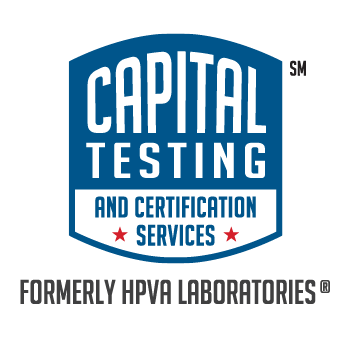
The California Air Resources Board (CARB) will officially stop processing No-Added Formaldehyde (NAF) and Ultra Low-Emitting Formaldehyde (ULEF) Executive Order (E.O., also referred to as "exemption") applications as of July 31st, 2023 . All applications received prior to this date will be processed. T he official CARB announcement can be found on their website here . Historically, CARB has been the primary issuer of new/renewed/amended E.O.'s, and has listed them all in a single, conveniently-located list on their website. CARB-issued E.O.'s have the added benefit of being accepted under the more recent federal regulation governing composite wood product formaldehyde emissions, U.S. EPA TSCA Title VI. TSCA Title VI allows NAF/ULEF exemptions to also be issued by EPA-recognized third party certifiers (TPC's), but certified manufacturers have typically defaulted to using CARB for this service since they do not charge a fee, and many manufacturers had to use them prior to TSCA Title VI going into effect. With CARB no longer processing NAF/ULEF applications, TPC's like Capital Testing will become the only approved providers of these exemptions. With this news comes several questions and concerns: 1.) The TSCA Title VI regulatory language provides little guidance to TPC's on how to process these applications. Additionally, there are discrepancies in what application information is required under CARB vs TSCA Title VI. While CARB indicates they will accept TPC-issued exemptions, this all creates the potential for 33 TPC's to have 33 different applications and application processing procedures, exemption certificates, locations where exemptions are available online (if at all), etc. This lack of standardization could lead to inconsistent application reviews and significant confusion in the marketplace. UPDATED 7/17/2023: EPA has updated the NAF/ULEF section of their FAQ for regulated stakeholders h ere to address several questions regarding the TPC's NAF/ULEF application review and approval process. CARB will also provide NAF/ULEF application review instructions to TPC's prior to the July 31st deadline. 2.) Resin information confidentiality: Currently, CARB is the single entity receiving confidential resin information from dozens of resin suppliers as a requirement of the exemption application process. Now, these suppliers may need to supply this information to up to 33 different entities. This is a substantial confidentiality risk for these suppliers, and potentially for the TPC’s. UPDATED 6/15/2023: EPA indicates they do not expect TPC's to review confidential resin information as part of the NAF/ULEF exemption process. TSCA Title VI only requires identifying the resin system used by the panel manufacturer (e.g. UF, PVA). UPDATED 7/17/2023: CARB indicates they also will not require TPC's to review confidential resin information, however the resin's status as a NAF/ULEF resin will need to be verified with CARB. CARB is working to establish a protocol for this prior to the July 31st deadline. 3.) TPC's willing to issue these exemptions will be taking on substantial liability: they may be handling a significant amount of confidential resin information, and will now be attesting to EPA that every exemption is valid and has been processed appropriately. UPDATED 6/15/2023: EPA indicates they do not expect TPC's to review confidential resin information as part of the NAF/ULEF exemption process. UPDATED 7/17/2023: CARB also indicates this will not be necessary. The liability issue regarding confidential resin information is currently resolved. Capital Testing is in directly communication with CARB and EPA regarding these concerns. TPC's and manufacturers will surely have others in the coming weeks as well. We will update this post with additional comments and answers as we receive them. Once these issues have been resolved and the path forward becomes clear, Capital Testing does intend to offer NAF/ULEF exemption services. For an update on our current status, or if you have any questions on how this change impacts your business, contact Josh Hosen . CARB ATCM 93120 and U.S. EPA TSCA Title VI background In 2009, the California Air Resources Board (CARB), implemented a formaldehyde emissions regulation that limited the emissions of hardwood plywood, particleboard, and medium density fiberboard (MDF) panels manufactured in or sold into California. This regulation is known as CARB ATCM 93120, and was used as a template for the TSCA Title VI federal regulation implemented by the U.S. EPA in 2018. Both regulations require manufacturers of the products listed above to be third-party certified by a CARB-approved/EPA-recognized TPC, which requires regular emissions testing and mill inspections. Both regulations also allow these manufacturers to eventually apply for NAF/ULEF exemption (depending on the type of adhesive used to produce their products), which exempts them from some or all certification requirements.
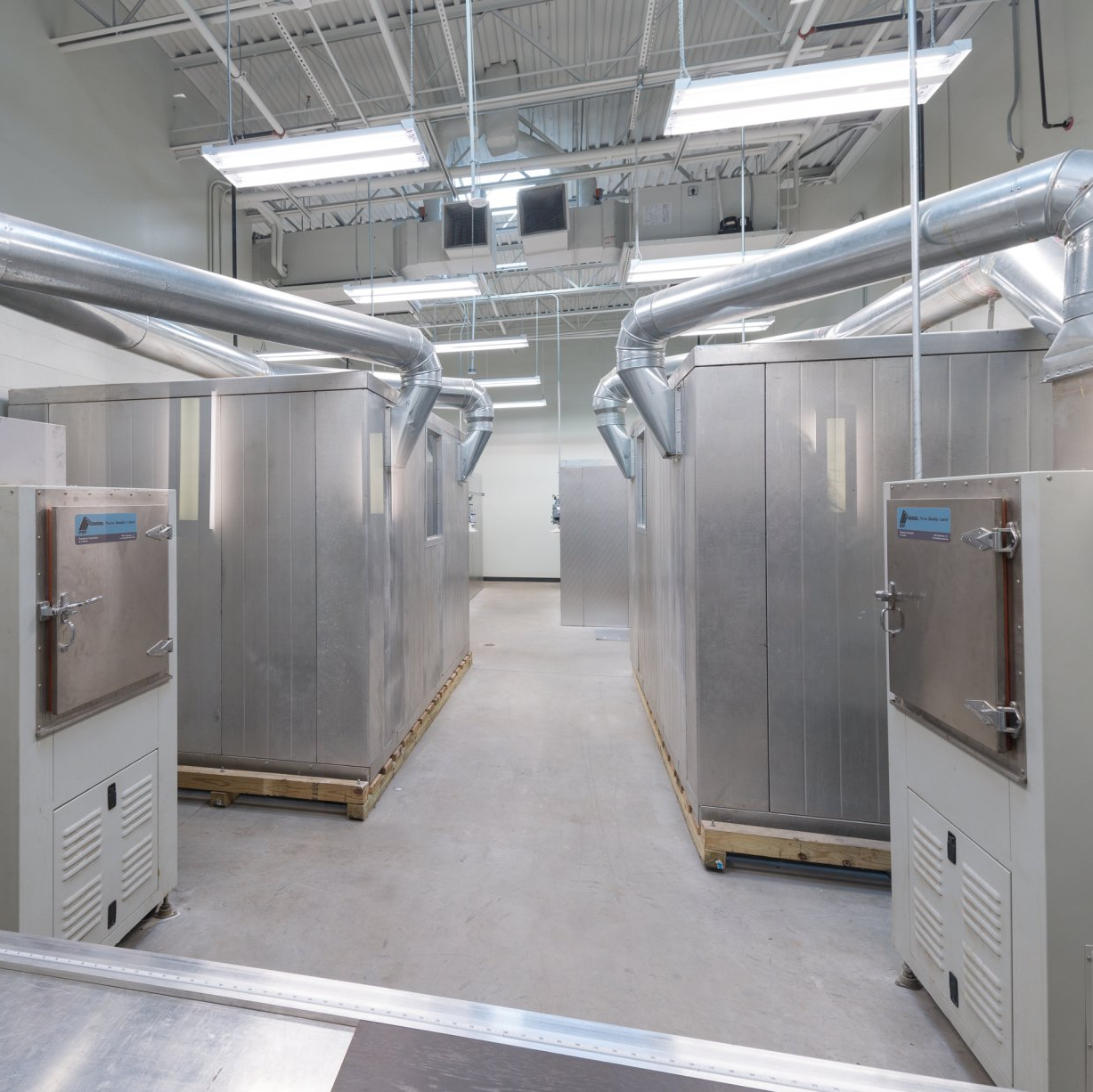
Join Capital Testing and the Floor Covering Institute (FCI) for Part 2 of the "Core and Construction" flooring evaluation series as we discuss the types of dimensional tolerance evaluations we conduct on flooring products: cup, bow, crook, twist, and more. Managing Director Josh Hosen and Senior Manager of Product Testing Chris Palumbo will also cover how these evaluations can be paired with our variable environmental chambers to provide valuable information about a product's dimensional stability in humid and arid conditions. As a bonus, we'll finish by reviewing some of the most common formaldehyde emissions and fire test methods requested for flooring products. This talk will have something for everyone, so be sure to tune in! See you on Wednesday, April 26th at 12pm EDT. Register here: https://lnkd.in/gTDhdT_t If you missed part 1 of "Core and Construction," you can catch up by viewing it here: https://www.youtube.com/watch?v=_nbkLpZ8hD4 . More interested in how to evaluate flooring surface performance? check out our first webinar with the FCI, "Understanding Surface, Wear & Decor Performance of Flooring Products," here: https://www.youtube.com/watch?v=EfoswvlDsKQ&t=24s .
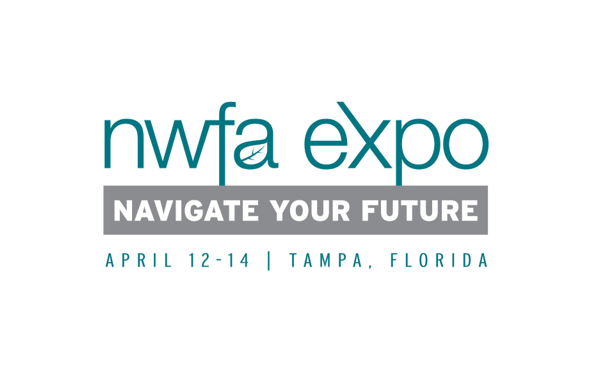
Managing director Josh Hosen will represent Capital Testing at the National Wood Flooring Association (NWFA) Expo in Tampa, FL April 12-14th. Stop by booth #1420 to discuss how our testing and certification services can help you navigate some of the critical issues facing the engineered wood flooring industry today. Some of these issues include the new upcoming formaldehyde emissions requirements for producers, and the on-going supply chain issues regarding the sourcing of Russian birch plywood. Upcoming Formaldehyde Emissions Requirements Engineered wood flooring producers that apply a wood veneer “wear layer” to a plywood or MDF platform are considered “laminated product producers” and “fabricators” under the U.S. EPA TSCA Title VI formaldehyde emissions regulation for composite wood products. As a result, they haven’t needed to test or certify their products for formaldehyde emissions since the regulation went into effect in 2019. This may change soon, as the so-called “laminator exemption” expires on March 22 nd , 2024. Now is the time to review your production process and determine if you need to be certified as a hardwood plywood manufacturer before the 2024 deadline. Supply Chain Issues Engineered wood flooring producers are scrambling to find an alternative to using Russian birch plywood as a flooring substrate. Capital Testing knows that all plywood and composite wood panels are not created equal. We offer a suite of tests that can help you separate the best from the rest, and maintain the level of product quality demanded by your customers. Stop by our booth to discuss any of the above, or to just say hi! If you can't make it to the Expo but still have questions, reach out to Josh Hosen directly at josh@capitaltesting.org or 571-300-7050x1. Visit our physical properties and certification programs pages to learn more about the types of services we offer.
